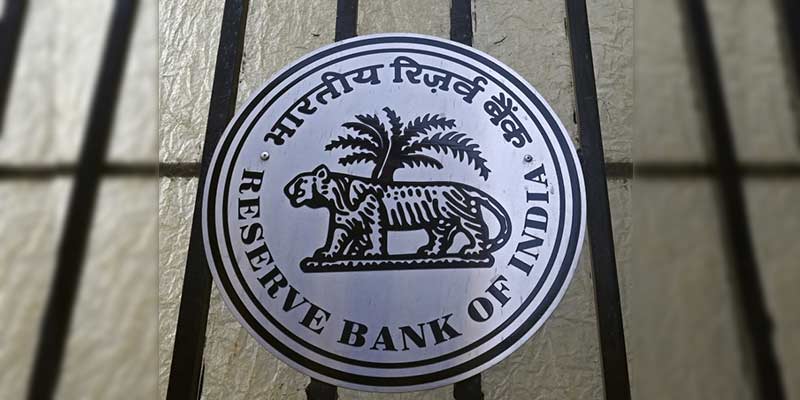- India
- Feb 08
RBI to widen the scope of TReDS
• RBI governor Shaktikanta Das has announced the expansion of the scope of Trade Receivables Discounting System (TReDs).
• For the benefit of MSMEs, the Reserve Bank had introduced a framework in 2014 to facilitate financing of their trade receivables through Trade Receivables Discounting System (TReDS).
It is now proposed to expand the scope of TReDs by:
i) Providing insurance facility for invoice financing.
ii) Permitting all entities/institutions undertaking factoring business to participate as financiers in TReDS.
iii) Permitting re-discounting of invoices. That is, developing a secondary market in TReDS.
• These measures are expected to improve the cash flows of the MSMEs.
What is TReDS?
• TReDS is an electronic platform for facilitating the financing/discounting of trade receivables of Micro, Small and Medium Enterprises (MSMEs) through multiple financiers. These receivables can be due from corporates and other buyers, including government departments and Public Sector Undertakings (PSUs).
• Sellers, buyers and financiers are the participants on a TReDS platform.
• The guidelines on Trade Receivables Discounting System (TReDS) were issued in December 2014. Subsequently, three entities started operating TReDS platforms and two more entities have been granted in-principle authorisation. These entities process about Rs 60,000 crore worth of transactions annually.
Additional measures:
The RBI governor also announced additional measures along with the monetary policy statement.
Extending UPI for inbound travellers to India
• Unified Payments Interface (UPI) has become a ubiquitous payment instrument for retail electronic payments in India. An enhancement has recently been made to provide UPI access to non-resident Indians who have international mobile numbers linked to their NRE/NRO accounts.
• It is now proposed to permit all inbound travellers to India also to access UPI for their merchant payments (P2M) while they are in the country. To start with, this facility will be extended to travellers from the G20 countries, arriving at select international airports. Going forward, this facility will be enabled across all other entry points in the country. Necessary operational instructions will be issued shortly.
QR Code based Coin Vending Machine
• To improve distribution of coins among members of the public, the RBI is preparing a pilot project on QR Code based Coin Vending Machine (QCVM) in collaboration with a few leading banks. The QCVM is a cashless coin dispensation machine which would dispense coins against a debit to the customer’s bank account using Unified Payments Interface (UPI).
• Unlike cash-based traditional coin vending machine, the QCVM would eliminate the need for physical tendering of banknotes and their authentication. Customers will also have the option to withdraw coins in required quantity and denominations in QCVMs.
• The pilot project is planned to be initially rolled out at 19 locations in 12 cities across the country. These vending machines are intended to be installed at public places such as railway stations, shopping malls, marketplaces to enhance ease and accessibility. Based on the learnings from the pilot tests, guidelines would be issued to banks to promote better distribution of coins using QCVMs.
Manorama Yearbook app is now available on Google Play Store and iOS App Store

